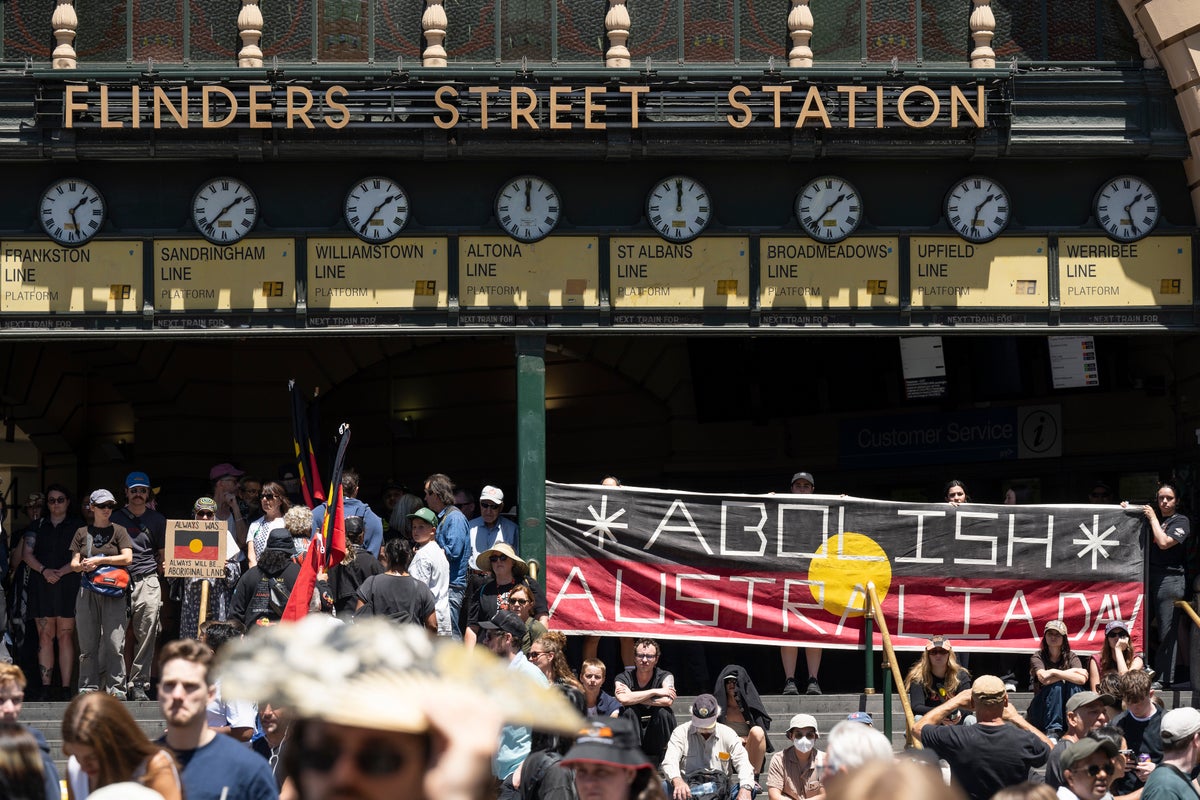
Australia’s Victoria state on Thursday signed a historic treaty with its Indigenous people in a landmark step towards reconciliation by giving first inhabitants more oversight over decisions concerning them.
The treaty, signed by premier Jacinta Allan in Melbourne, delivers a formal apology to the First Nations people and establishes a permanent representative body to provide advice to the Victorian government
The treaty will take effect on 12 December. “Today marks a new chapter in the story of our state,” Ms Allan said at the signing ceremony. “Today is a recognition that ancient systems of law and the modern institutions of our democracy can stand side-by-side.”
“When people have a real say over the things that impact their lives, their healthcare, housing, education, and the practice of their culture,” she added, “their outcomes are improved and our state is made fairer.”
Australia lagged other colonised countries in reconciling with its Indigenous people, never signing a treaty in two centuries unlike the US, Canada and New Zealand. Its roughly one million Indigenous citizens track well below national averages on most socioeconomic measures.
Mick Gooda, a Yiman and Ghangulu man advocating for the rights of Aboriginal and Torres Strait Islander people, said he was “so happy and pleased” with the signing of the treaty. “Finally the government’s taken notice of what Aboriginal people need to move forward and they have done it,” Mr Gooda, former social justice commissioner, told ABC News.
“The world hasn’t changed that much, and all it means is that Aboriginal people have been recognised in Victoria, and that’s a lesson for the rest of Australia.”
A national referendum in 2023 to enshrine an Indigenous advisory body in Australia’s constitution was rejected by 60 per cent of voters as well as all six states, a setback to reconciliation efforts.
Discussions to establish a treaty for Victoria started in 2016 and the treaty bill was passed by the state parliament last month.
The treaty requires a formal apology from the government to Indigenous people for historical injustices. It also creates a body, known as the First Peoples’ Assembly, to provide advice to the government on laws and policies related to Indigenous people. The body will not have veto power.
“It is not about dwelling in the past, nor laying blame. It is about acknowledging that the past still shapes the present and choosing to do better from here,” the treaty read.
The treaty creates a “truth-telling” body and an accountability panel to ensure the state government upholds its commitments to Indigenous people.
Victoria First Peoples’ Assembly co-chair Ngarra Murray described the treaty as a “turning point in our nation’s history”.
“A moment where old wounds can begin to heal and new relationships can be built on truth, justice and mutual respect,” she said.
Co-chair Rueben Berg, said that it “makes us all a better state, a better country, better people”.
